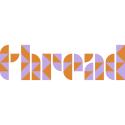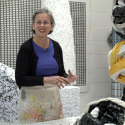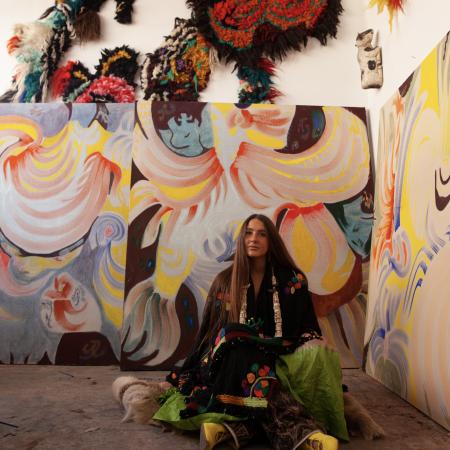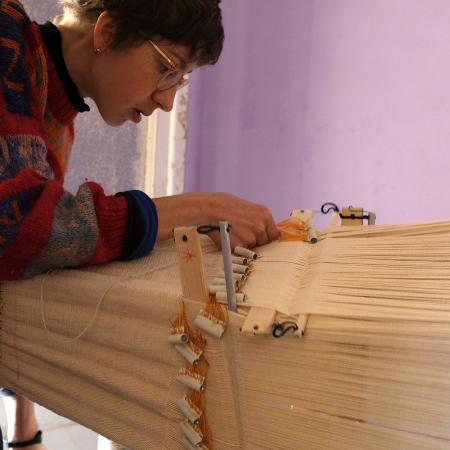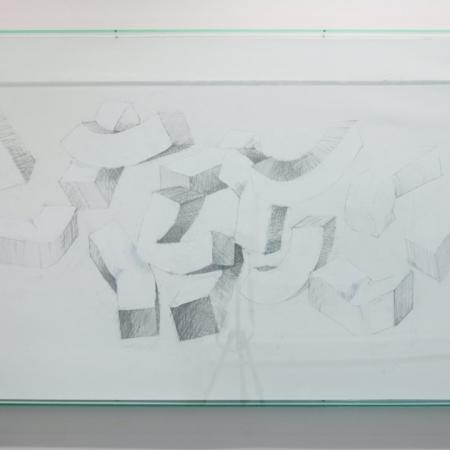Current Winner
Cecile Johnson Soliz FRSS
Cecile is enamoured with drawing and sculpture. She uses a variety of materials and processes in her studio while also initiating projects in industry, craft, design, music and dance. The studio and project works are in continual conversation. They inform, enrich and challenge each other.
Photo credit: Pete Telfer, Culture Colony.
